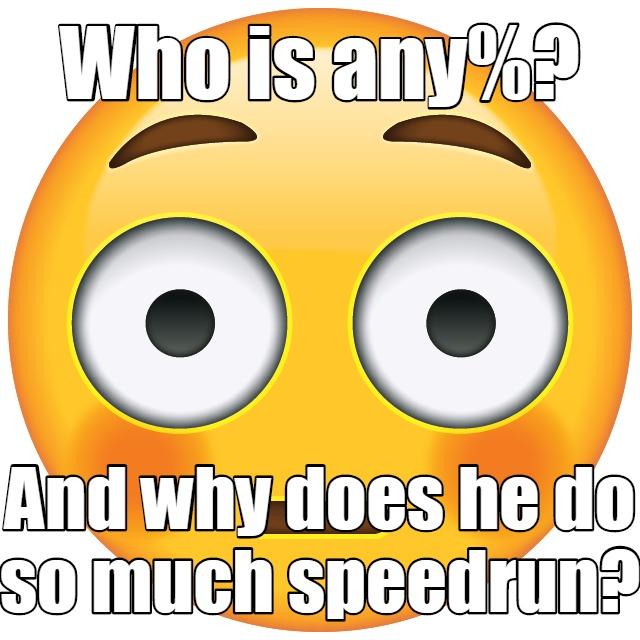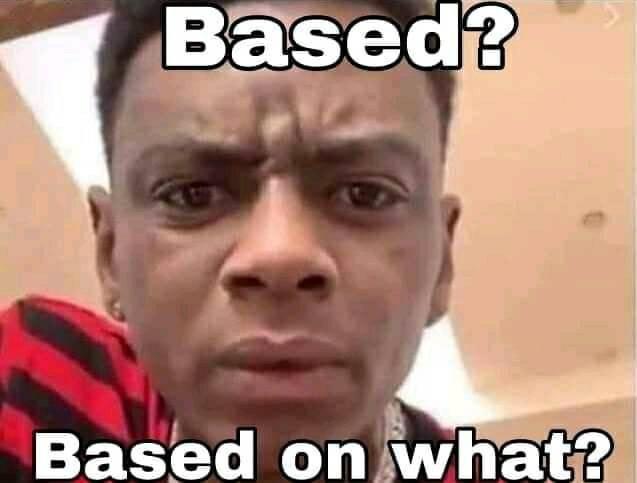Memescape: What Makes Misinterpretation So Funny
Among the large variety of memes floating around in 2020, one particular meme trope has invaded dozens of seemingly unconnected formats, silently dominating the modern memescape. Uniting IDK I've Never, Based on What? and Pansexuals Attracted to Pans? and as popular on Twitter and Reddit as it is on TikTok, the misinterpretation trope has become a trusted recipe for likes, smiles and karma across the web.
More a comedy trope rather than a meme, misinterpretation humor relies on the comedian – or the mememaker – intentionally pretending that they do not understand the substance of the subject they are talking about. The humor is drawn from taking an uneducated guess from face value information, such as the name of a film or a book. Imagine that you do not know what Little Women is about and try to take a guess based solely on the name of the novel. Is the book about women who are incredibly small?
https://www.tiktok.com/embed/v2/6809397770810592517
In memes, the trope has found application in at least four notable modern meme formats: Based on What? and Pansexuals Attracted to Pans? (aka Group Names Misinterpretation), Who Is He and Why Does He? and the most popular of them all, IDK I've Never, all of which rely on misinterpretation as their primary comedic device. While the origin of the trope precedes modern meme culture and even the internet, the first signs of its prominence in the memescape can be traced to May 2017, when "Pansexuals Attracted to Pans" meme first took off.

Back then, it wasn't really a large thing, just a joke that seemed too obvious not to make. Fast forward to iFunny in Summer 2019: this was the time when a single joke sprouted into something beautiful. The GIF captioners on the app were the true pioneers of the genre who took the original concept and built upon it, misinterpreting what progressives, capitalists, accelerationists, authoritarians, atheists and other group names meant. Before the newborn format even reached mainstream (which happened in November 2019, with Reddit weighing massively on the meme), in September /r/okbuddyretard subreddit came up with another misenterpretation meme, "Who Is He and Why Does He?"



While it made its first steps on iFunny and Reddit, misinterpretation rose to stardom on Twitter with its biggest hit to date, the "IDK I've Never" format. "IDK I've Never" formula is misinterpretation 101: take a book/film/game/other piece of media, try to guess what they are about based only on the name, add a funny image or video and voila! Your meme is ready to reap likes and retweets by the thousands.
With some early jokes in late 2019, the format took its time until March 2020 to really blossom. The introduction of Dancing Triangle and Missy Elliot's "Music Make You Lose Control" made the perfect combination for the meme's success.
The attornies when they come out as asexual idk I’ve never played the game pic.twitter.com/SeiKcRaaCO
— zukolivia hye (@zukosbian) March 5, 2020
Finally, February 2020 brought us one last subgenre of misinterpretation memes to date: slang misinterpretation. Although jokes about taking the modern slang at face value have been so far mainly contained within "Based on What?" and "Go Where?" memes.


All these formats, as well as memes that can not be categorized into one of them but still rely on misinterpretation for comedy, draw their success from the idea that we find situations when people fail to properly interpret things both innocuous and funny, as well as by stroking our ego by making an indirect reference to a piece of pop culture that we are familiar with – but some others may not be. "Haha, I know what Little Women are actually about! How silly!"
All in all, misinterpretation trope plays into our human ability for pattern recognition which our brains just happen to like very much. Moreover, unlike a simple reference, misinterpretation achieves that twice: first by making us recognize the old connection with a piece of media, and then by making us establish a new one by making sense of one's clever wordplay. Who ordered a double dose of dopamine here?
With so much flexibility and potential for comedy, it is very likely that misinterpretation memes are here to stay in one form or another, entertaining us with their childlike yet skillfully crafted silliness.

Comments ( 0 )
Sorry, but you must activate your account to post a comment.